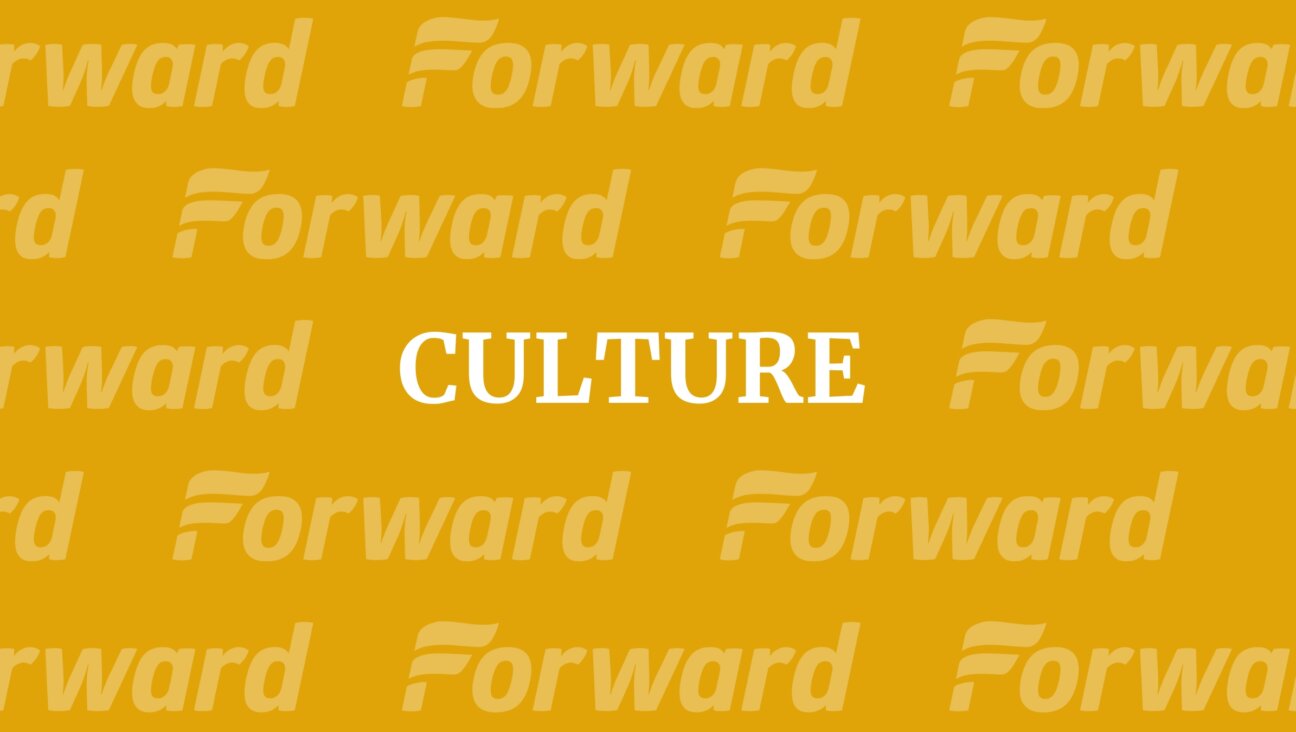National Poetry Month: Shabbat and Palm-Sized Watermelons
We’re at the end of the National Poetry Month celebration at the Forward. Aside from the flurry of posts on The Arty Semite, we’ve also featured an interview with seven poets. One of the interviewees, Maya Pindyck, who has already made an appearance on the blog last year, is here again, with two poems,”Shabbat” and…















